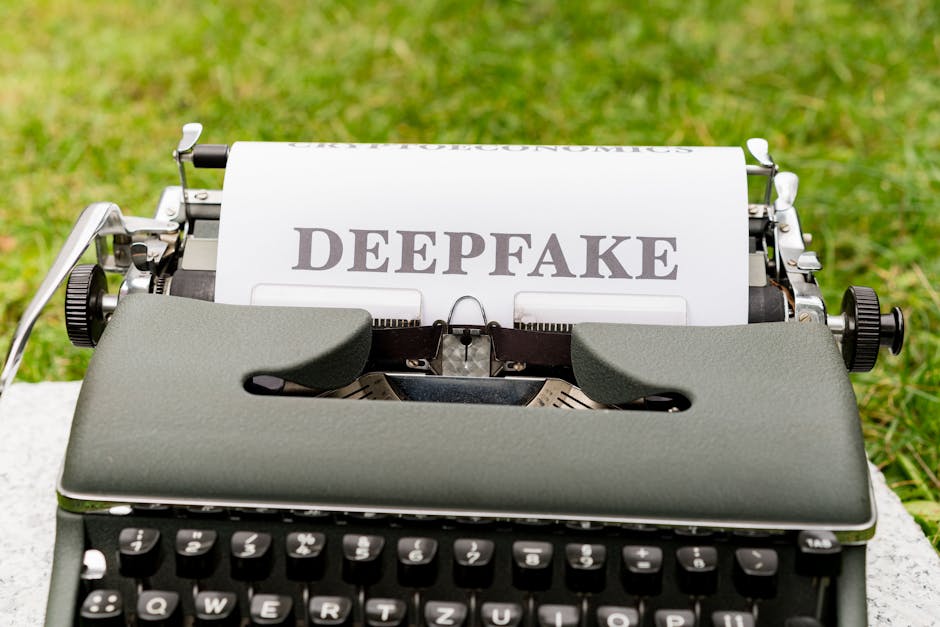No products in the cart.
AI Editors: The New Gatekeepers of Journalism
AI is rapidly changing the landscape of journalism. Explore its impact on fact-checking and what it means for the future of news.
San Francisco, USA — The newsroom of the future is not just manned by seasoned journalists with decades of experience. Increasingly, it features a new breed of editor: artificial intelligence. As the demand for rapid news verification skyrockets, AI is stepping into the role of fact-checker, offering a blend of efficiency and accuracy that is reshaping the landscape of journalism.
In an era where misinformation spreads like wildfire, the stakes have never been higher. Traditional fact-checking methods are often too slow to keep up with the pace of breaking news. According to a report from the Pew Research Center, over 60% of Americans encounter news that they believe to be misleading or false on social media platforms[1]. Enter AI, armed with algorithms that can sift through vast amounts of data in mere seconds, cross-referencing facts against established databases and flagging inconsistencies.

The integration of AI in journalism is not without its critics. Some argue that relying on machines to determine the truth could lead to a homogenization of news, where nuance and context are lost in translation. Dr. Sarah Thompson, a media ethics scholar at Columbia University, warns, “AI lacks the ability to understand cultural contexts and the subtleties of human communication. There are shades of gray in every story that a machine might miss.”[2]
Yet, proponents of AI editors argue that these systems can enhance human capabilities rather than replace them. For instance, during the COVID-19 pandemic, AI tools were employed to verify facts related to the virus, helping journalists provide timely and accurate information to the public. As media organizations increasingly adopt these technologies, the debate surrounding AI’s role in journalism continues to unfold.
The integration of AI in journalism is not without its critics.
AI editors can also serve as a valuable resource for journalists seeking to hone their craft. By providing real-time feedback and suggestions, AI can help emerging writers identify factual inaccuracies, thereby fostering a culture of accountability and precision. This is particularly beneficial for young journalists entering a competitive field where first impressions matter immensely.
Moreover, the impact of AI extends beyond traditional journalism. The rise of citizen journalism—where ordinary people report on events—highlights the need for reliable fact-checking tools. AI can empower these citizen reporters by offering them accessible verification methods, ensuring that their contributions are both credible and impactful.
However, as with any technology, there are inherent risks. The opacity of AI algorithms—often described as “black boxes”—raises questions about accountability. If an AI editor erroneously flags a factual claim as false, who bears the responsibility? The journalist, the media organization, or the technology itself? Industry experts emphasize the need for transparency in the algorithms powering these systems, advocating for a model that allows human oversight to remain central to the editorial process.
As we look to the future, the evolution of AI in journalism presents both exciting opportunities and formidable challenges. The balance between leveraging technology and preserving journalistic integrity will be a critical discussion point for years to come. Emerging professionals in the field must be equipped not only with traditional skills but also with a deep understanding of how to work alongside AI systems.
Emerging professionals in the field must be equipped not only with traditional skills but also with a deep understanding of how to work alongside AI systems.
In this rapidly changing landscape, aspiring journalists should actively seek out training in data journalism and AI literacy. Understanding these technologies will not only enhance their employability but also empower them to shape the future of news in a way that upholds the values of truth and accountability. The pen—or rather, the keyboard—may still be mightier than the sword, but in the age of AI, it is also wise to befriend the algorithms.











